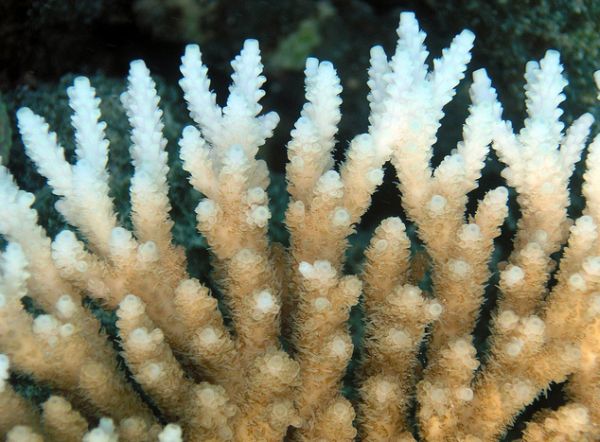Many of us have seen or even experienced the majestically vivacious beauty of coral reefs. However, when the scope comes to the survival of these enticing marine animals, the picture indeed looks startlingly baleful. According to researchers from Oregon State University, coral colonies which once thrived in the Caribbean Sea has now gone down about 80 percent as compared to 40 years before. As a matter of fact, around one third of corals around the world are threatened with very extinction. So, what adverse effect is causing such a rapid disintegration of this particular underwater ecosystem? Well, scientists fear that it is the malefic consequence of a previously explored avenue: viral diseases.

According to a research review published in the Journal of Experimental Marine Biology and Ecology, very few of our scientific efforts are directed to finding out the real cause of coral eradication, especially when it concerns the viral side of affairs. One such exclusive endeavor from the aforementioned Oregon State University (OSU) found around 22 kinds of emerging diseases that affect the organisms. And, in this comprehensive study, the researchers are suspecting viruses more than bacteria as the underlying cause of coral decline.
But, even beyond the discovery of viruses as a potential cause, the real shocker came when scientists found out predominant traces of herpes in the coral systems. Similar yet not identical to human related herpes, some of them were found being produced in coral tissues after acute episodes of stress.
This surprising turn of events is somewhat explained by the fact that both corals and herpes viruses are one of the oldest forms of living organisms. So, there is a distinct possibility that both evolved during the same time around 500 million years ago.
However, the researchers were quick to point out that harboring a virus necessarily doesn’t mean the animal is suffering from the disease; and thus more credible examination and study is required on the subject. Moreover, other potential causes of coral decline may be attributed to global warming, loss of the symbiotic algae and even pollution caused by components such as sewage runoff.
Via: OregonState




